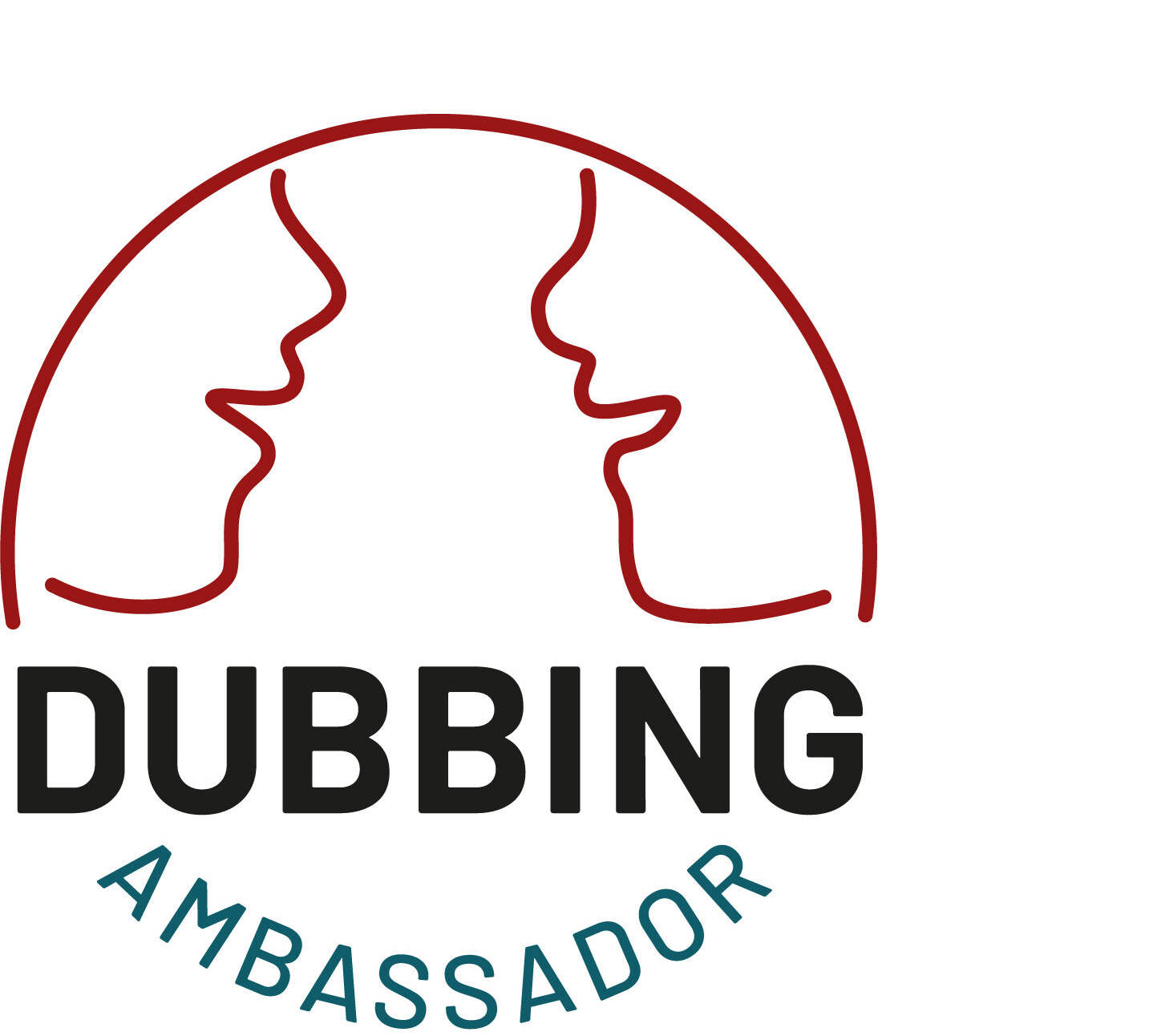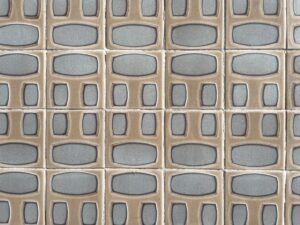Now that dubbing is beginning to take hold in the English-speaking world, there’s a slight sense of panic. It’s the idea that dubbing, by replacing dialogue in one language with another set of words in a different language, is somehow destroying the artistic integrity, the purity of the original work. There’s a fear that the audience will be truly disturbed by, say, samurai in imperial Japan, lovers on a Mediterranean beach, or, heavens forbid, German World War I soldiers, speaking English.
And there’s no denying it. A dubbed film is indeed a mixed signal, and it does take a certain familiarity with the form in order to appreciate it. Just like with a good whisky, or contemporary classical music (or, my parents would probably argue, Metallica …).
But film as an art form – and as entertainment – lives because of exactly that mixture of different elements. You get auditory and visual input from many sources, be it dialogue, or music, or sound, color and movement, and what have you. You get people speaking one thing and their face saying something else. That’s called irony, or lying, or subtle layers of meaning. You see characters walking around 1920’s Birmingham and hear Nick Cave. That’s called “Peaky Blinders”.
But it’s more than that. Even on the level of language alone, most of the people in the world live with one or more languages in their lives. Without having done any research, I’d say that’s the norm, and not just in the bubble of urban hipsterdom.
Look at all the immigrant cultures in the world. Even in culturally still quite monolithic Germany, there are now 2+ generations of people who hear German spoken in the classroom and at work, and Turkish at home. Or Italian. Or Ukrainian. Every country in the world has pockets large and small where a local dialect or accent is cultivated and spoken, together with whatever the “high” version of the language might be. Every country with a colonial history has two or many more languages still spoken parallel to each other. And down to the smallest unit – every family I know has at least one “family word” or expression that’s their own.
It’s a phenomenon that’s already traveled to entertainment: many European productions combine two or more languages effortlessly.
Large parts of the the US are already bilingual. You’ll have many many people who speak English as well as Spanish, Japanese, or Korean. So, a person walking around a certain place, looking a certain way, opening their mouth and speaking a language you don’t expect? That’s happening to you already, in the street, at the gas station, in the classroom – so why should it be so scary on a movie screen?
And the magic of dubbing – as compared to, say, a manipulation of the image to make actors look like they’re speaking a foreign language – is that someone, several someones in fact, experts in language and culture, have created something that’s true to the source and that at the same time can be understood and felt by the target audience in a way that’s in line with already lived, contemporary, multicultural, and multilingual experience.
So, image and audio might not be congruent, but they can make sense together.




